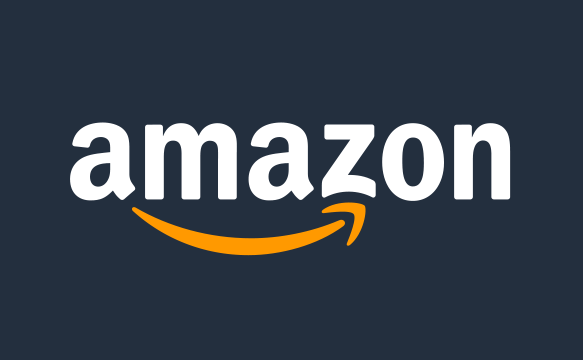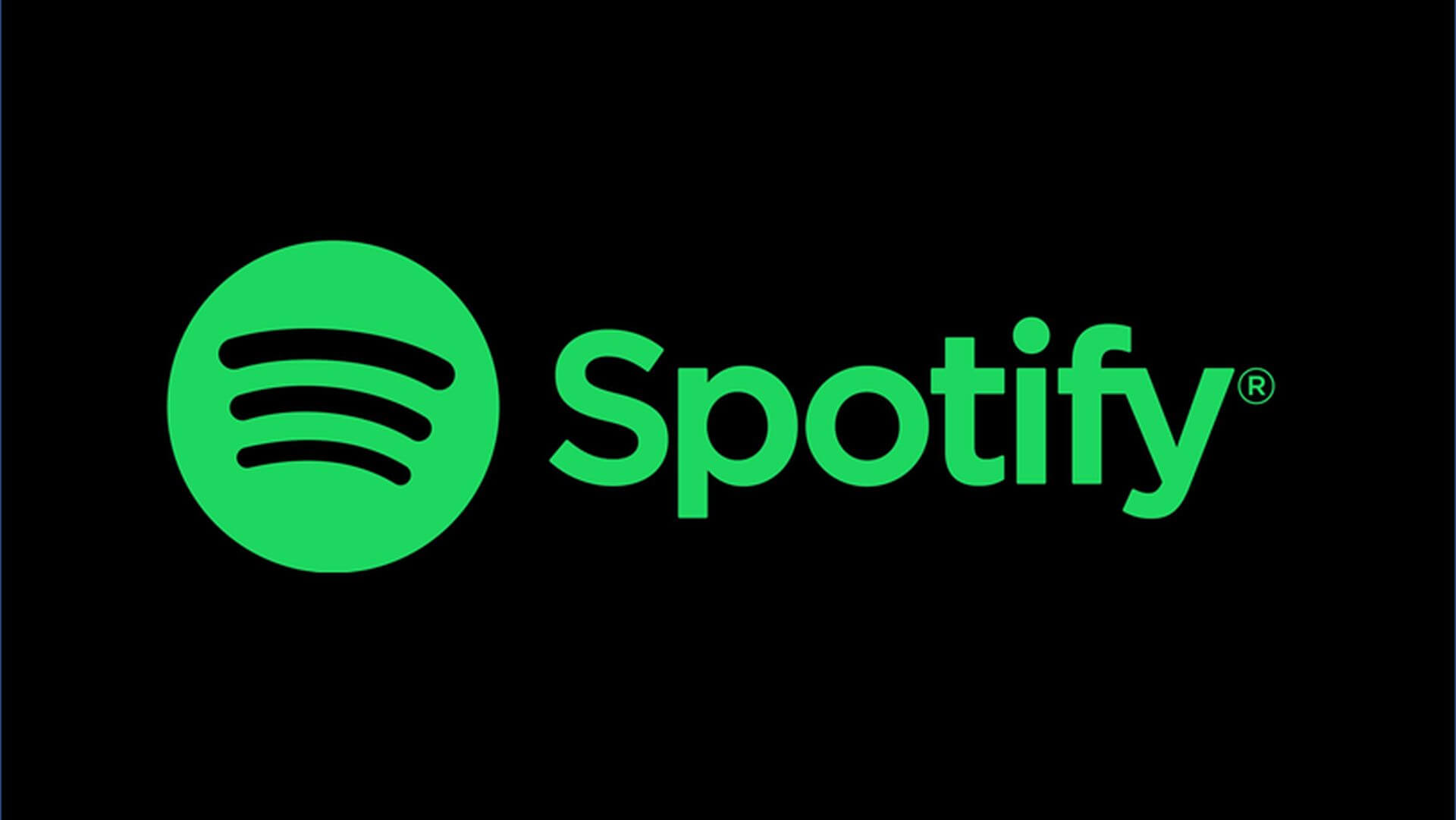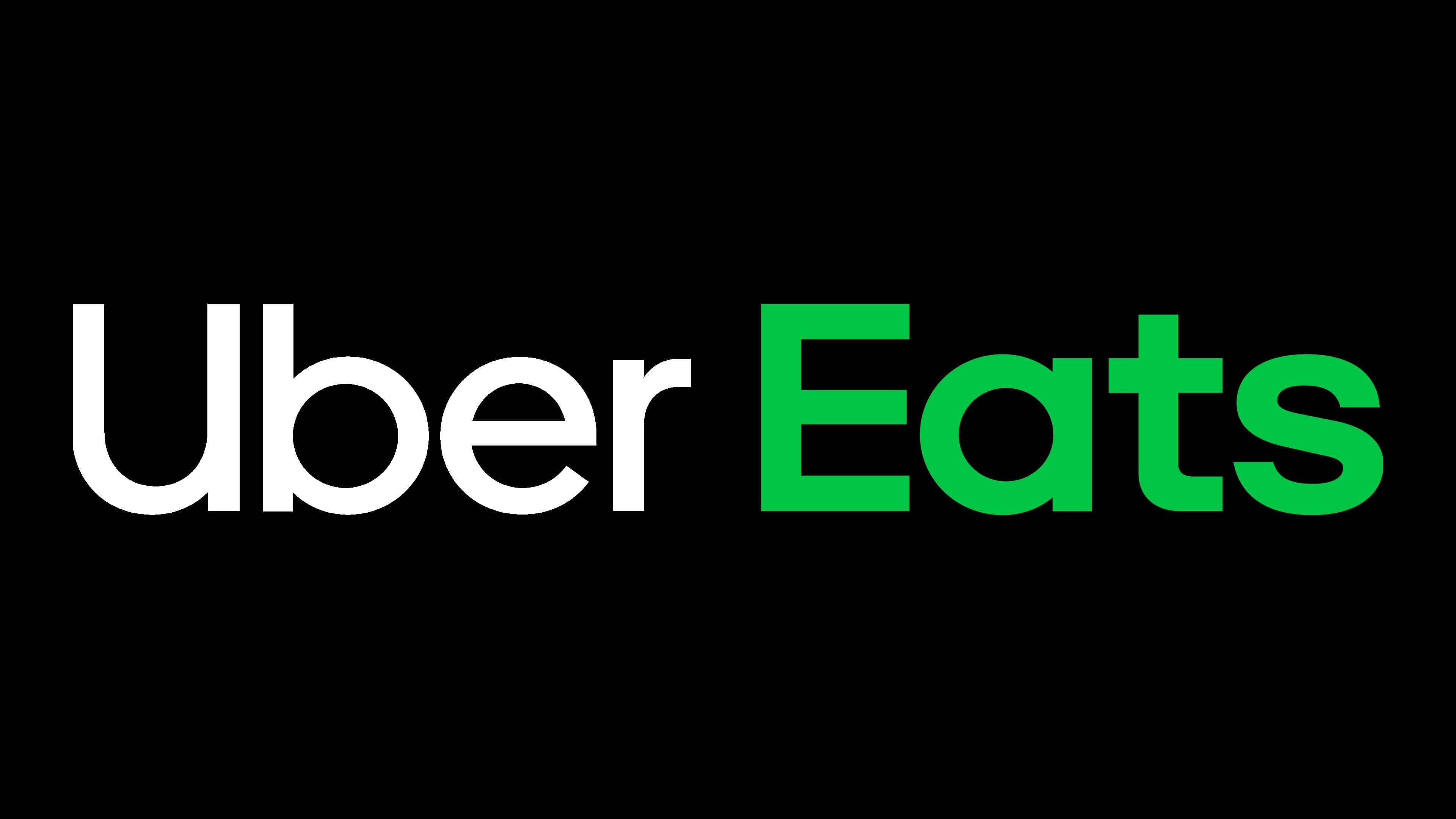The Role of Personalization in Digital Marketing - What It Means + How To Leverage It To Increase Your Visibility + Engagement!
May 15, 2023
Personalization has become a critical aspect of modern marketing in today's digital age.
So, it is important that we take time to understand why!
Think about it. When you go shopping or on vacation, the more the experience is personalized to your likes, dreams + wishes, the more likely it will be successful. It becomes an experience that has you talking for years + with only positive reviews!
So, what actually is personalization in marketing?
Personalization in marketing refers to the practice of tailoring marketing messages, product recommendations + experiences to meet the unique needs, preferences + interests of individual customers.
According to a recent survey by Epsilon, 80% of consumers are more likely to do business with a company that offers personalized experiences.
As such, it has become an essential tool for businesses to:
- Connect with their customers {build trust + loyalty}.
- Stay competitive.
- Stay relevant.
- Stand out in a crowded marketplace.
For entrepreneurs looking to increase visibility + engagement with their online business, implementing personalization is a powerful way to achieve these goals {I mean, who doesn’t want to feel special?}.
In this blog, we'll be exploring the role of personalization in digital marketing + provide real-world examples of companies that have successfully implemented it into their marketing strategies.
📣 PSST... REALIZING YOU'D RATHER WATCH/LISTEN THAN READ? CLICK PLAY!
REAL-WORLD EXAMPLES OF PERSONALIZATION IN DIGITAL MARKETING

Netflix
Netflix is one of the most well-known companies for using personalization in its digital marketing strategy.
They have gone from mailing DVDs, chosen by the customers, to then being able to stream those movies to now having a system completely set up by personalization!
By analyzing users' viewing history + preferences + ratings, Netflix is able to recommend movies + TV shows that they're more likely to enjoy.
This improves the user experience + increases the likelihood that users will continue subscribing to the service.
Just recently, I noticed that they have even put a percentage label to communicate with you individually on the “match” that their recommendations are to your liking! It’s wild + pretty accurate for my own taste in entertainment!
Netflix has these personalizations using a recommendation engine that leverages artificial intelligence + machine learning algorithms to personalize content recommendations for each user.
The recommendation engine takes into account a user's viewing history, ratings + searches to identify patterns, then makes predictions about their interests.
For example, if a user has watched several romantic comedies, the recommendation engine will likely suggest more movies in that genre or rank their “match” higher on the percent scale.
Similarly, if a user has searched for movies starring a particular actor, the recommendation engine will prioritize content featuring that actor.
However, it shows just how personalized we can get regarding marketing toward the individual.

Amazon
Amazon is another company that has successfully implemented personalization into its marketing strategy. By tracking customers' browsing + purchase history, Amazon can recommend products they're more likely to be interested in.
This increases the likelihood of a sale + improves the customer experience by saving them time + effort in searching for products.
That is why the world fell in love with Amazon in the first place! It offered its customers a personalized + time-saving experience! That next-day shipping – well, that was the “cherry on top”!
Amazon's recommendation engine works similarly to Netflix's.
It analyzes a user's browsing + purchase history to identify patterns + make predictions about their interests.
Amazon also continuously uses machine learning algorithms to improve its recommendation engine.
For example, if a customer has recently purchased a pair of running shoes, Amazon's recommendation engine might suggest running socks or other fitness-related products.
Similarly, Amazon might recommend a new blender or coffee maker if a customer frequently browses kitchen appliances.

Spotify
In the music industry, Spotify has become known for its personalized playlists + music recommendations.
Spotify's recommendation engine considers a user's listening history, playlists + searches to identify patterns + make predictions about their interests.
Spotify is then able to recommend songs + playlists that are tailored to their individual tastes.
Which benefits not only them as a company but also the consumer.
For example, if a user frequently listens to rock music, Spotify might suggest new rock albums or playlists.
Similarly, if a user has recently listened to a lot of classical music, Spotify might suggest classical music playlists or new releases.
I have found some amazing + "unknown artists" that I now listen to regularly because of their personalized predictions + playlists!

Uber Eats
In the food industry, Uber Eats is using personalization to recommend restaurants based on customers' location + order history.
Nothing is worse than getting to a place where you are “hangry” + becoming stuck on not knowing what restaurants are around you - a loop {in your head} of the same 5 places you always eat at but are not feeling for tonight’s dinner!
By offering personalized recommendations, Uber Eats is able to provide a more relevant + convenient service to customers, improving their overall experience.
Uber Eats' recommendation engine considers a user's location, past orders + restaurant ratings to identify patterns and predict their interests.
The company also continuously uses machine learning algorithms to improve its recommendation engine, so its business is always growing. Always becoming more personalized to the customer.
For example, if a user frequently orders sushi from a particular restaurant, Uber Eats might suggest other sushi restaurants in the area that they haven't tried yet.
Similarly, if a user frequently orders vegetarian meals, Uber Eats might suggest vegetarian-friendly restaurants in the area over non-vegetarian-friendly ones.
WHAT ARE THE BENEFITS OF PERSONALIZATION IN MARKETING?
Like the real-world examples above, we interact in personalized digital marketing on a daily basis - usually without even knowing it!
Personalization in marketing is simply connecting more deeply with a customer - something that benefits both parties - creating a stronger bond.
It gives your customer the freedom + flexibility of choice based on their unique likes + needs.
Improved Customer Experience
By personalizing marketing messages + experiences, businesses can improve the customer experience.
Customers are then more likely to engage with businesses that provide personalized experiences that cater to their unique needs + interests.
This can lead to increased customer satisfaction + loyalty.
For example, when a customer buys your product, you could put together a series of emails - both celebrating their decision + educating them on how to use it.
Even adding their first name to the email can make someone feel seen + even more celebrated.
So, whether it is an email to specifically welcome your client, a reminder of encouragement to continue on in their courses, or an email sequence targeted for their specific needs - creating a personalized experience will only improve your customer's experience + as well as your company's!
Increased Engagement
Another effective way to use personalization in online business is by providing personalized product recommendations to customers.
This can be done using social media algorithms that analyze customer data, such as purchase history + browsing behavior, to suggest products that are likely to interest each customer.
Social media is also a powerful tool for entrepreneurs to connect with their customers + increase visibility.
I personally love when a business does FAQs with their customers or polls about what the customers like + dislike, would wear + would not wear. It makes the customers feel heard + seen + valued in their community.
By personalizing their business social media marketing efforts, entrepreneurs can make their messages more relevant + engaging.
For example, an entrepreneur selling fitness apparel could use personalization to show targeted ads to customers who have previously been interested in fitness or sports.
Or an entrepreneur selling beauty products could use personalization to send targeted emails to customers based on their skin type or product preferences.
By tailoring their messages to individual customers, the entrepreneur can increase engagement + drive more traffic to their website.
This can lead to increased conversions, sales + revenue.
Improved Efficiency
Personalization can also help to improve the efficiency of marketing efforts.
By targeting marketing messages + experiences to specific customer segments, businesses can reduce waste + improve the effectiveness of their marketing campaigns.
Personalization also gives businesses better insights into their customers' needs + preferences.
This is something you can even engage with on social media! Putting in a call to action within the comment section along the lines of, " Comment _____, and I will send you ______."
Allowing your client base to engage in what they as a whole need + individually can lead you down a path of really opening communication with them + creating needed {+ wanted} materials for the future!
Analyzing your customer data can even allow you to tailor your marketing strategies accordingly - making it more efficient.
Email marketing is one of the most effective ways for entrepreneurs to reach + engage with their customers.
As a business owner, the more I can get efficient – the better!
You can do this easily by:
- Tagging each action a subscriber takes {i.e. Took Quiz} - that way, if they're actively in a sales sequence, you can make sure not to send them newsletters.
- If someone has bought, track their progress through your product! That way, when they've completed the information or had the product for a certain amount of time, you can encourage them to take the next step with you.
Save personal time in researching + your money buying products or creating products that people want.
It allows you to gain followers + customers who will only engage + bring in others more than you are taking a shot in the dark. Remember, this isn’t only about your business’s efficiency; it’s also about the customers!
CONCLUSION
Personalization has become an essential aspect of modern marketing; it is everywhere around us!
By using:
- Digital marketing personalization messages
- Product recommendations
- Experiences
To meet the unique needs, preferences, + interests of individual customers, businesses can improve the customer experience, increase engagement + build trust + loyalty with customers.
That is true success, and I believe you can absolutely achieve that!
Companies like Netflix, Amazon, Spotify + Uber Eats have successfully implemented personalization into their marketing strategies + earned world-renowned customer loyalty because of that.
Personalization in digital marketing offers so many benefits; as you can see + entrepreneurs who incorporate it correctly will be better positioned to succeed in today's competitive marketplace!
Want Updates On New Blog Releases?
We'll let you know first when they're out!
We hate SPAM. We will never sell your information, for any reason.





